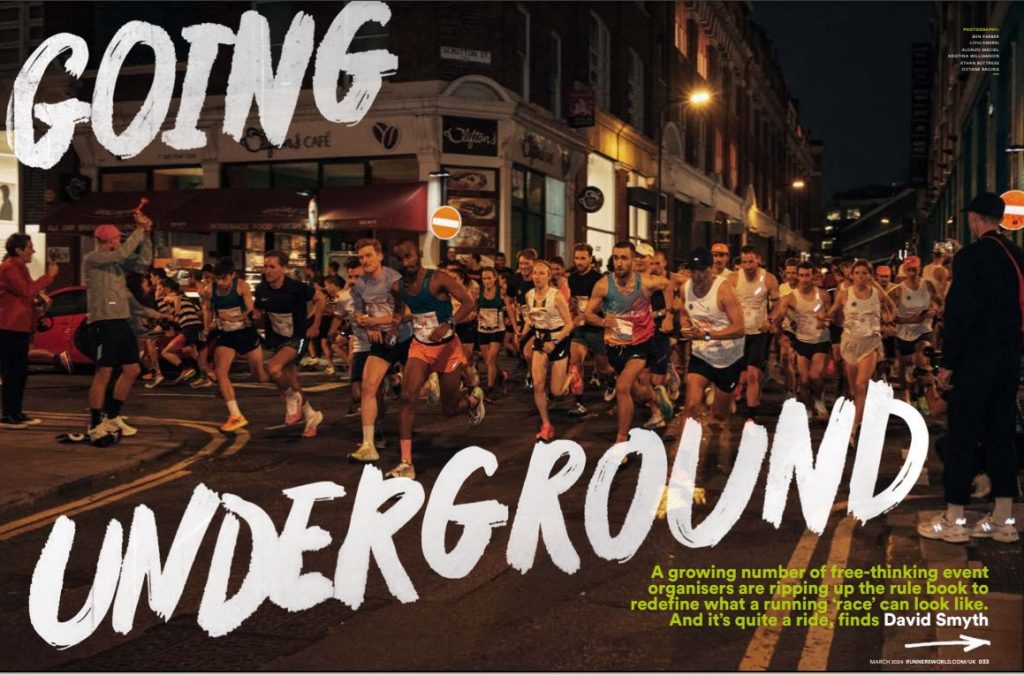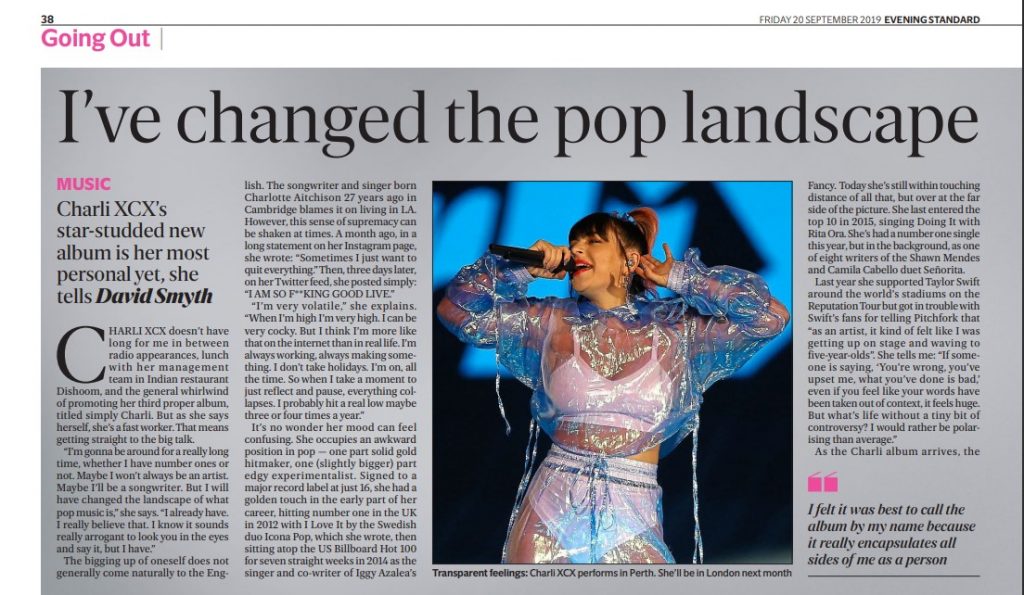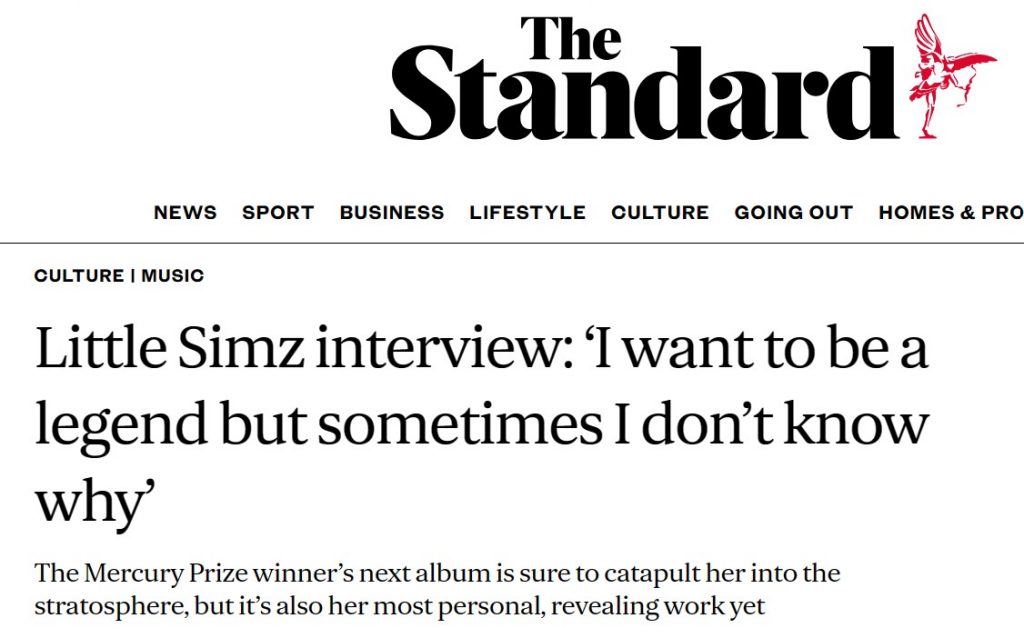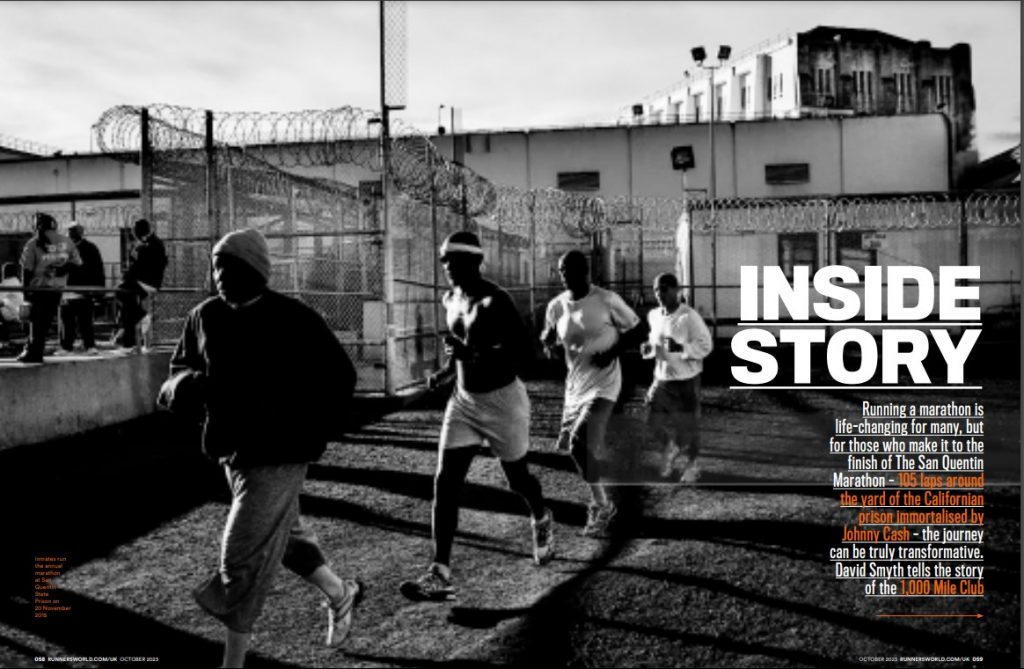Announcement: on 1 March 2024, pretty much exactly 22 years since I wrote my first, I wrote my last music review for the Evening Standard. If I was a band, that would be a remarkably long career worthy of a few reissues, a box set and a greatest hits tour where I read out my most popular gig reviews to rapturous applause and ideally get to fire a T-shirt cannon.
Some reflections are below, but for the “Nobody asked for your life story pal” crowd, I’d better get the headline news at the top: if you or someone you know wants high quality words written quickly, I can be contacted HERE.
I know I’ve been ridiculously lucky and privileged to be wanted by one publication for so long, and until pandemic-o’clock, to be one of a tiny number of people in the UK able to support a family solely by writing about music.
More recently, everyone who’s picked up the Standard and mistaken it for one of the pamphlets that normally goes *inside* a newspaper, will be aware that space for words on culture, especially those written by freelancers, has dwindled drastically. I was asked to stop writing weekly interviews in 2020, stopped gig reviewing of my own volition around the same time, and have now been told that further cost-cutting means they can’t pay for my album reviews either.
Meanwhile, online music writing of the “8 Things We Learned from Doja Cat’s Met Gala Sock Choices” variety is swelling ever more. Content, content, content. I didn’t want to write that stuff anyway.
I watch workers in other industries going on strike because their pay rises don’t keep up with inflation, and note that I was better paid in 2004 than I was in 2024. Apart from a surprise extra 20 quid a week from the Standard a couple of months ago, which has kept me in the fancy muesli for a while longer, I’ve only ever been given pay cuts.
When there was the space to tell stories about musicians, I had a fine old time. I went to Nando’s with Stormzy, went to New York to meet the Eilish family, was put on a private plane to Ibiza to hear the second James Blunt album, and shared a grilled octopus tentacle with Biffy Clyro.
I waded through ravenous teenagers to get onto The 1975’s tour bus, watched the Foo Fighters from the side of a festival stage in Madrid, received an intimidating amount of eye contact from Michael Bublé, had tea at Jessie Ware’s house, had an article tweeted out by Prince and agreed to go to Mallorca to meet The Chainsmokers, not realising I was signing up to lurk creepily in a Magaluf nightclub til 3am.
Deadmau5 begrudgingly let me sit in his customised Ferrari for upwards of seven seconds, Ozzy Osbourne grabbed my hand and made me feel the metal plate in his chest, Roots Manuva and Roisin Murphy both seemed like they’d like to thump me, and Ray Davies was really grumpy on a park bench on my birthday.
And the gigs – so many gigs! Fifty or more a year for two decades. I saw The Rolling Stones in the Astoria, Bruce Springsteen in a church, the Beastie Boys at the ICA, The White Stripes and Billie Eilish in tiny clubs, Kate Bush and Madonna in theatres, Kanye West in LA when he was good, U2 in Trafalgar Square and Billy Joel at Madison Square Garden.
I got to worship in other musical churches too: Abbey Road’s Studio 2, Rockfield Studios in Wales, RAK Studios London, FAME Studios in Muscle Shoals, Sun Studio Memphis, RCA Studio A in Nashville, and Graceland.
The most rewarding aspect of my career, though, has been sharing my love of music with younger people. I teach writing skills to rowdy future superstars at BIMM University in Brighton, and have enabled family members to meet their idols Taylor Swift and Justin Bieber like some sort of pop Santa.
More recently, as a trail running obsessive, I’ve loved sharing stories of inspirational people doing incredible things on fast feet, mostly in Runner’s World magazine. I ran in Ethiopia, from Manchester to Sheffield, and in the Alps around Chamonix, for articles. I’m really proud of this long read about a marathon for prisoners inside San Quentin.
I’m one of many journalists in music and beyond who have found that the spaces to place their words no longer exist. Look at the troubles of Pitchfork, Vice and Q in recent years. As a student in the late Nineties I worked some nights at the Guardian’s nascent website, uploading print articles and wondering why they were giving them away for free.
Now we’re all worrying that AI is going to take the work away. Recently I asked Google Gemini to write an album review “in the style of David Smyth from the Evening Standard”, given that all my stuff is online so AI must have read it. It wasn’t very good. [“SO AI MUST ALREADY BE MORE ACCURATE THAN WE EVER THOUGHT POSSIBLE” – all my editors]
Sure, it is wonderful in other ways. I sorted out a spreadsheet with its help the other day and it was like having a tech support boffin holding my hand the whole way. But it’s scraping all of its knowledge from us, and if the best human writing is no longer getting published, surely AI is going to be much worse pretty soon. What am I missing?
I know I’m not Brian Sewell or Alexander Walker. I was never feared, probably not respected. Maybe I wasn’t a *proper* critic in that I really wanted to shine a light on things I liked and never enjoyed having to say something was bad. No one is going to compile a list of David Smyth’s greatest pop bollockings (though this one was pretty good.)
Nor would I take any credit for “breaking” a new act. What I wanted to do was much the same as what I hope I also do with my teaching, and my parenting: to say “I see you. You’re doing great. Keep going.” I hope a few of the many incredible musicians I met, saw or listened to, felt encouraged by something I wrote. Onwards.
Endnote: These are the first and last reviews I wrote for the Standard. Spot the difference.













